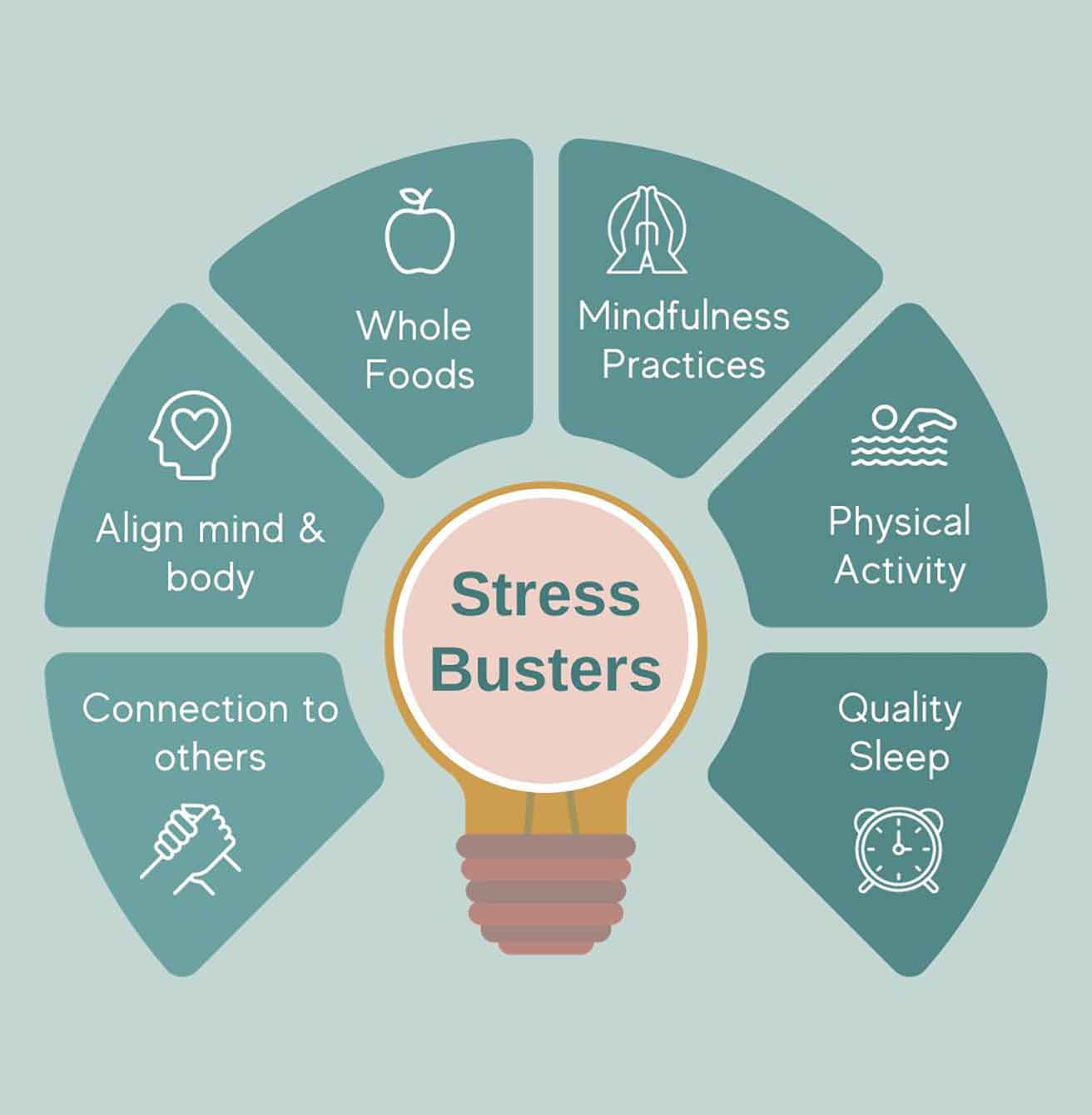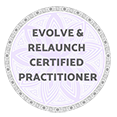Stress is a natural part of life, and in small doses, it can be helpful. However, when stress becomes too much to handle, it can take a toll on your physical and mental health. Chronic stress can lead to a variety of health issues, including anxiety, depression, high blood pressure, heart disease, and more.
The effects of stress are not limited to your personal life, either. It can also impact your work performance and relationships with others. Therefore, addressing stress is crucial to maintaining a healthy and fulfilling life.
By learning effective stress management techniques, you can reduce the negative effects of stress and improve your overall well-being. Read more below for some great tips.
Stress & connection to others
Stress is an inevitable part of life, and it can affect us both mentally and physically. When we experience stress, our bodies produce the hormone cortisol, which can trigger a “fight or flight” response. This response can be helpful in certain situations, but prolonged stress can have negative effects on our health.
One way to combat stress is by connecting with others. Humans are social creatures, and we thrive on social interaction and connection. When we spend time with others, we release hormones such as oxytocin, which can help to lower cortisol levels and reduce stress.
In addition to reducing stress, connection with others can also provide a sense of belonging and purpose, boost self-esteem, and improve overall mental health. So the next time you’re feeling stressed, consider reaching out to a friend, joining a group activity, or simply striking up a conversation with someone new. You might be surprised at how much it can help.
Stress & aligning mind & body
Aligning the mind and body can be an effective way to reduce stress and promote overall wellbeing. When the mind and body are in sync, it can lead to a sense of calmness and inner peace. There are several ways to align the mind and body, such as practicing mindfulness meditation, yoga, or tai chi. These practices can help you become more aware of your thoughts and feelings, and also increase your physical awareness.
Incorporating mindfulness meditation into your daily routine can be particularly helpful in reducing stress. This practice involves focusing your attention on the present moment, becoming aware of your thoughts and feelings without judgment, and practicing compassion towards yourself.
Practicing yoga or tai chi can help align the mind and body by combining physical movement with mental focus. These practices can help reduce stress and tension in the body, increase flexibility and strength, and improve overall mental and physical wellbeing.
Stress & eating whole foods
Eating whole foods can be very beneficial in reducing stress levels. Whole foods are those that are minimally processed and contain no artificial ingredients. They are rich in nutrients, vitamins, and minerals that can help keep your body healthy and reduce stress.
Processed foods, which are often high in sugar, salt, and unhealthy fats, can lead to inflammation, a weakened immune system, and an increased risk of disease. These negative effects can contribute to stress levels and make it harder for your body to cope with stress.
By including more whole foods in your diet, you can help your body better manage stress. So next time you’re feeling overwhelmed, try reaching for a piece of fruit or a handful of nuts instead of a processed snack. Your body (and mind!) will thank you.

Stress & mindfulness practice
Mindfulness is a practice that involves paying attention to the present moment without judgment. It helps individuals manage stress by teaching them to focus on the present moment and accept their thoughts and feelings without judgment.
When practicing mindfulness, individuals learn to become aware of their thoughts and feelings and observe them without reacting to them. This helps to reduce the impact of stress on their mental and physical health. Mindfulness also encourages individuals to take a step back from their stressors and look at them from a different perspective, which can lead to a more positive and effective response.
Research has shown that mindfulness practice can help reduce symptoms of anxiety, depression, and stress. It has also been found to improve sleep quality, increase feelings of well-being, and promote overall mental and physical health.
In summary, mindfulness practice can be a helpful tool in managing stress by teaching individuals to focus on the present moment, accept their thoughts and feelings without judgment, and take a step back from their stressors.
Stress & physical activity
Physical activity is a great way to help manage stress levels and improve overall health. Engaging in regular physical activity can help reduce symptoms of anxiety and depression, boost mood, and improve sleep quality.
When we exercise, our bodies release endorphins, which are chemicals that help reduce pain and trigger positive feelings. This can help counteract the negative impact of stress on our bodies and minds. Additionally, physical activity can help us focus on the present moment and provide a much-needed break from the stressors of daily life.
Moreover, engaging in physical activity can also improve overall physical health, which can help reduce stress levels in the long term. Regular exercise can help lower blood pressure, improve cardiovascular health, and reduce the risk of chronic diseases such as diabetes and obesity.
In summary, physical activity can be a powerful tool in managing stress. Whether it’s taking a walk, practicing yoga, or hitting the gym, incorporating regular physical activity into our lives can help us feel better both physically and mentally.
Stress & quality sleep
When we are stressed, it can be difficult to get a good night’s sleep. However, quality sleep can actually be incredibly helpful in managing stress levels. Here are a few ways that quality sleep can help when stressed:
- It can improve your mood: Lack of sleep can lead to irritability and moodiness, which can make it harder to deal with stress. On the other hand, getting enough sleep can help improve your mood and make it easier to handle stressful situations.
- It can increase your resilience: When you’re well-rested, you’re better equipped to handle whatever challenges come your way. You’ll have more energy and mental clarity, which can help you stay focused and motivated even when you’re feeling stressed.
- It can boost your immune system: Chronic stress can weaken your immune system, making you more susceptible to illness. Getting enough quality sleep can help strengthen your immune system and keep you healthy.
Overall, quality sleep is an important tool in managing stress. If you’re having trouble sleeping, try creating a relaxing bedtime routine, avoiding caffeine and electronics before bed, and practicing relaxation techniques like deep breathing or meditation.
Hopefully some of these tips can help you when it comes to stress. Small daily steps will make a huge difference in the long run.







